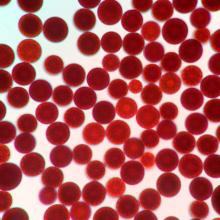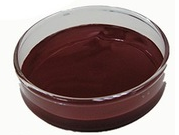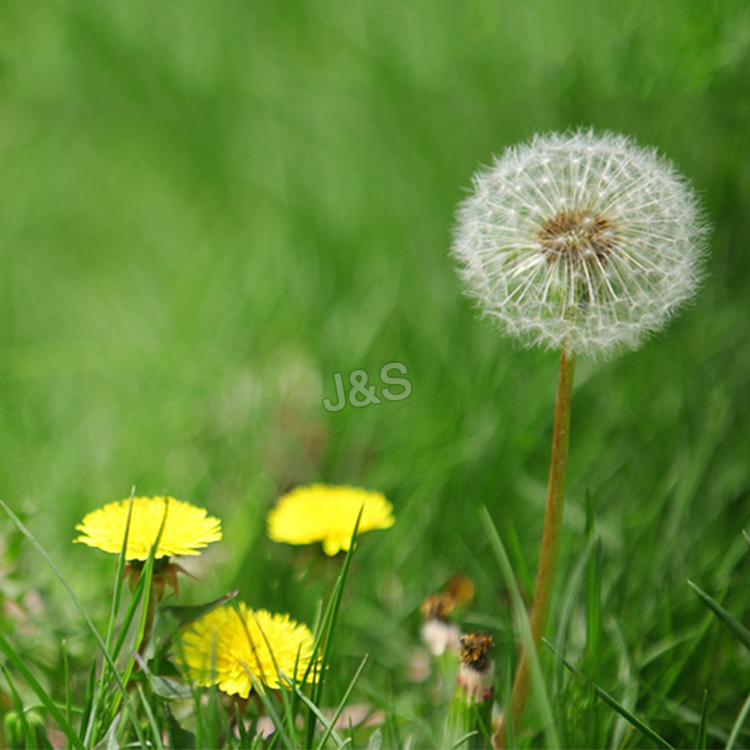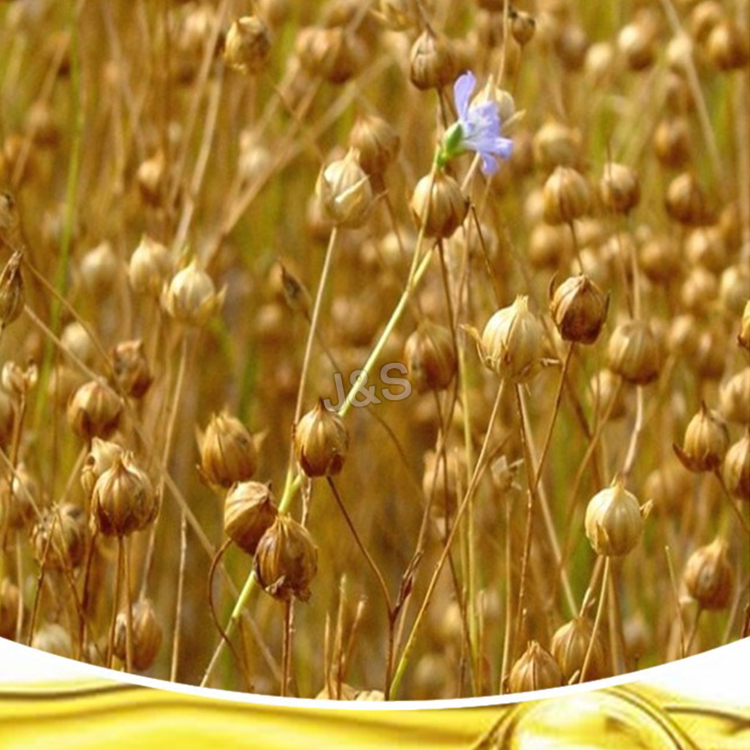2 Years\\\\\\\’ Warranty for Astaxanthin Factory for Bulgaria
2 Years\\\\\\\’ Warranty for Astaxanthin Factory for Bulgaria Detail:
[Latin Name] Haematococcus Pluvialis
[Plant Source] from China
[Specifications]1% 2% 3% 5%
[Appearance] Dark red Powder
[Particle size] 80 Mesh
[Loss on drying] ≤5.0%
[Heavy Metal] ≤10PPM
[Storage] Store in cool & dry area, keep away from the direct light and heat.
[Shelf life] 24 Months
[Package] Packed in paper-drums and two plastic-bags inside.
[Net weight] 25kgs/drum
Brief Introduction
Astaxanthin is a natural nutritional component, it can be found as a food supplement. The supplement is intended for human, animal, and aquaculture consumption.
Astaxanthin is a carotenoid. It belongs to a larger class of phytochemicals known as terpenes, which are built from five carbon precursors; isopentenyl diphosphate and dimethylallyl diphosphate . Astaxanthin is classified as a xanthophyll (originally derived from a word meaning “yellow leaves” since yellow plant leaf pigments were the first recognized of the xanthophyll family of carotenoids), but currently employed to describe carotenoid compounds that have oxygen-containing moities, hydroxyl or ketone , such as zeaxanthin and canthaxanthin. Indeed, astaxanthin is a metabolite of zeaxanthin and/or canthaxanthin, containing both hydroxyl and ketone functional groups. Like many carotenoids, astaxanthin is a colorful, lipid-soluble pigment. This colour is due to the extended chain of conjugated (alternating double and single) double bonds at the centre of the compound. This chain of conjugated double bonds is also responsible for the antioxidant function of astaxanthin (as well as other carotenoids) as it results in a region of decentralized electrons that can be donated to reduce a reactive oxidizing molecule.
Function:
1.Astaxanthin is a powerful antioxidant and may protect against oxidative damage to body tissues.
2.Astaxanthin can improve the immune response by increasing the number of antibody producing cells.
3.Astaxanthin is a potential candidate to treat neurodegenerative disease such as Alzhimer and Parkinson diease.
4.Astaxanthin dan reduce UVA-light damage to skin such as sunburn, inflammation, ageing and skin cancer.
Application
1.When applied in pharmaceutical field, astaxanthin powder has the good function of antineoplastic;
2.When applied in health food field, astaxanthin powder is used as food additives for pigment and health care;
3.When applied in cosmetic field, astaxanthin powder has the good function of antioxidant and anti-aging;
4.When applied in animal feeds field, astaxanthin powder is used as animal feed additive to impart coloration, including farm-raised salmon and egg yolks.
Product detail pictures:

Related Product Guide:
Our advantages are reduced prices,dynamic product sales workforce,specialized QC,solid factories,superior quality services for 2 Years\\\\\\\’ Warranty for Astaxanthin Factory for Bulgaria , The product will supply to all over the world, such as: Istanbul, Stuttgart, Hamburg, Our focus on product quality, innovation, technology and customer service has made us one of undisputed leaders worldwide in the field. Bearing the concept of "Quality First, Customer Paramount, Sincerity and Innovation" in our mind, We have achieved great progress in the past years. Clients are welcomed to buy our standard products, or send us requests. You will be impressed by our quality and price. Please contact us now!
Stevia Cultivation Processing and Marketing Project At Saran District of BIHAR(India)
Secrets of Great Men Here! https://perfectsolution2u.info/naturally-cure-for-ed
Ancient, All-Natural Chinese Secret Gives 79 Year Old Man His First Rock-Hard Erection Since 1983…
Now YOU Can Get Rock-Hard Erections On Command…Without Pills, Pumps, Injections Or Side Effects…And Be A “Man Of Steel” In The Bedroom Every Time.
Dear Friend,
My name is Max Miller, and ED nearly destroyed my life. I’ll tell you about my embarrassing (and rather shocking) story in just a moment…
But first, if you’re suffering from ED, trust me… You’re not alone and I totally know how you feel. The good news is that on this page, I’m going to share with you an unusual and ancient secret method that not only cured my ED…
What You’re About To Discover Is A Breakthrough Solution That Addresses ED At Its Core. I’ll give you a way to permanently eliminate EDand reverse it back to your teenage years, so that you go from “limp noodle” to “Man Of Steel.” Imagine the confidence surging through your veins as you instantly achieve thick, hard, throbbing erections that your wife will gaze upon with wide-eyed wonder… And you’ll be able to achieve this on command!
Secrets of Great Men Here! https://perfectsolution2u.info/naturally-cure-for-ed
best male enhancement, best natural male enhancement, male enhancement, no male enhancement cream, no male enhancement exercises, no male enhancement pill, without male enhancement pills, male enhancement products, male enhancement review, male enhancement reviews,
male enhancement supplements, male enhancement surgery, best ways for male enhancement, increase male performance, good male supplements, the best natural enhancement, natural male enhancement, natural male enhancement pills,
Secrets of Great Men Here! https://perfectsolution2u.info/naturally-cure-for-ed
Although we are a small company, we are also respected. Reliable quality, sincere service and good credit, we are honored to be able to work with you!






